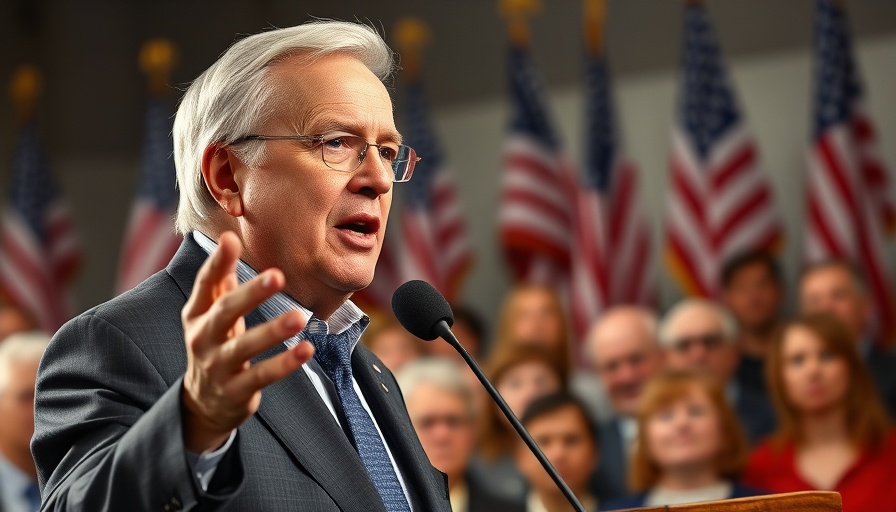
The Rise of AI in Healthcare: Beyond Just Technology
The recent House hearing on health AI unveiled the multitude of ways artificial intelligence is reshaping the healthcare landscape. Representatives from the Energy and Commerce Committee pressed experts with challenging questions about AI's role in drug development, Medicare models, and particularly teen mental health. This examination underscored not only the capabilities of AI but also the potential risks and ethical considerations that accompany its deployment.
Understanding the Concerns: From AI Denials to Rural Healthcare
During the session, five primary concerns emerged as talking points that lawmakers are grappling with in this brave new world of health tech. First and foremost was the issue of AI-generated denials during Medicare claims. Witnesses discussed how algorithms could unduly influence decisions affecting patient care, particularly among vulnerable populations.
Moreover, there was a strong emphasis on the accessibility of AI-driven healthcare for rural communities. As advancements proliferate, disparities in technology accessibility threaten to widen the gap in healthcare quality, leaving rural areas behind.
Teen Mental Health: A Critical Area of Focus
A particularly poignant area of discussion was the impact of AI on teen mental health. Lawmakers expressed concern about how AI tools might both aid and obstruct mental health support for young people. Experts shared their insights on striking a balance between using AI for more personalized care and understanding its potential ramifications on mental health outcomes.
Looking Ahead: Shaping Policies for Responsible AI Use
The questions raised during the hearing hint at a forthcoming shift in policy-making as lawmakers seek to regulate AI's use in healthcare. This presents an opportunity for development, but it also necessitates a cautious approach to ensure that the technology serves humanity and not the other way around.
As discussions around health AI grow, those interested in the intersection of technology and healthcare must remain engaged. The insights shared during the House hearing are vital in shaping how AI can enhance, rather than hinder, patient-centric care.
 Add Row
Add Row  Add
Add 




Write A Comment